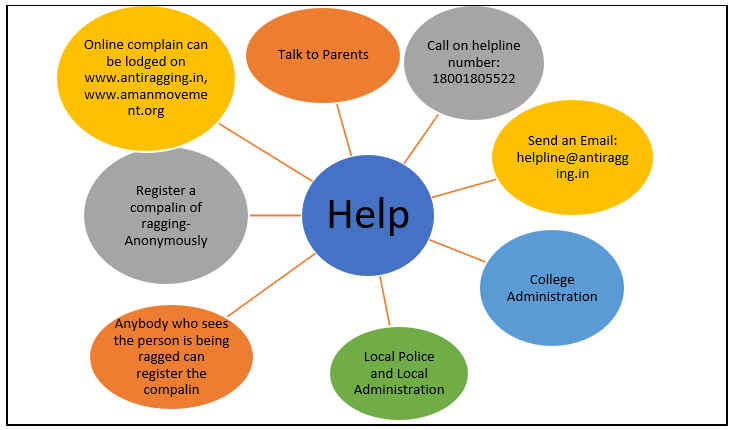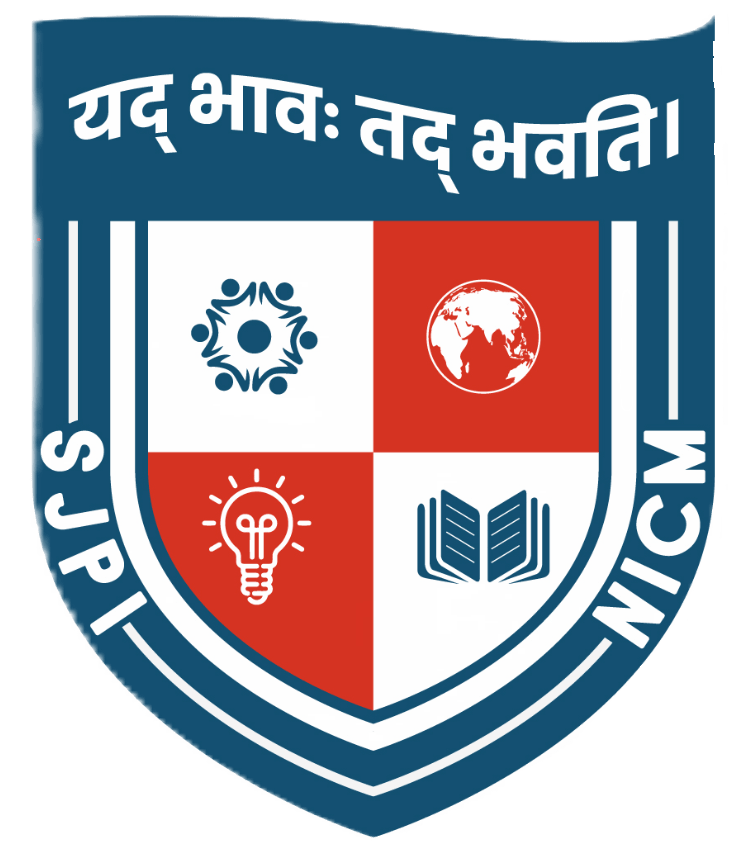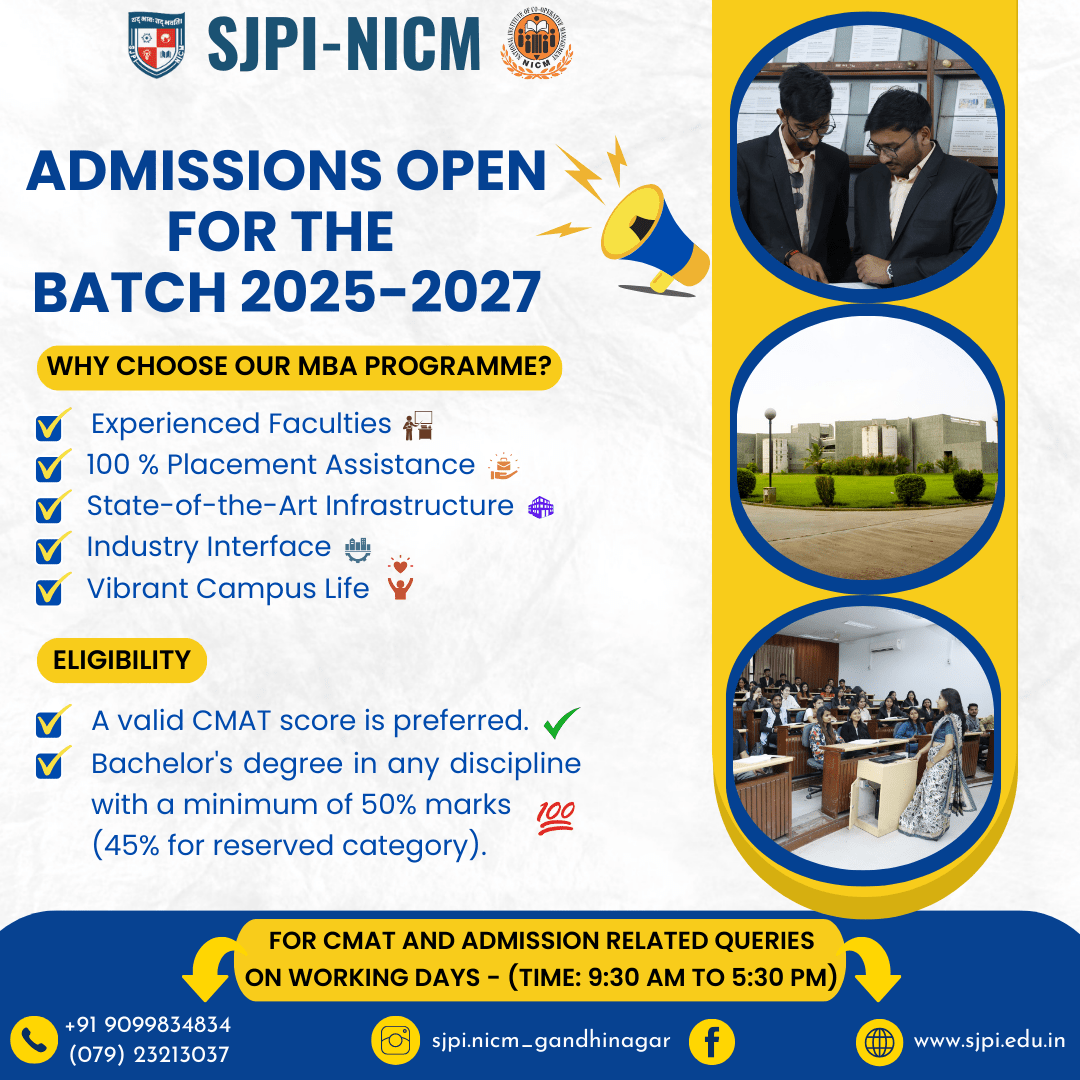UGC Regulations on curbing the menace of Ragging in Higher Educational Institutions, 2009 Ragging is a criminal offense and UGC has framed regulations on curbing the menace of ragging in higher educational institutions in order to prohibit, prevent and eliminate the scourge of ragging. In pursuance to the Judgment of the Hon’ble Supreme Court of India dated 08.05.2009 in Civil Appeal No. 887/2009, in exercise of the powers conferred by clause (g) of sub-section (1) of section 26 of the University Grants Commission Act, 1956, the UGC notified “Regulations on Curbing the Menace of Ragging in Higher Educational Institutions, 2009”. These regulations are mandatory for all universities/ institutions.
The purpose of Anti-Ragging is to ensure a safe environment for students. No act of ragging, major or minor, shall go unnoticed. No ragger, male or female, student or non-student, shall go unpunished.
Regulatory provisions and the appropriate law are in force to eliminate ragging in all its forms from the universities, deemed universities and other higher educational institutions in the country by prohibiting, preventing its occurrence and punishing those who indulge in ragging.
Acts Considered as Ragging
- Any conduct by any student or students whether by words spoken or written or by an act which has the effect of teasing, treating or handling with rudeness a fresher or any other student.
- Indulging in rowdy or undisciplined activities by any student or students which causes or is likely to cause annoyance, hardship, physical or psychological harm or to raise fear or apprehension thereof in any fresher or any other student.
- Asking any student to do any act which such student will not in the ordinary course do and which has the effect of causing or generating a sense of shame, or torment or embarrassment so as to adversely affect the physique or psyche of such fresher or any other student.
- Any act by a senior student that prevents, disrupts or disturbs the regular academic activity of any other student or a fresher.
- Exploiting the services of a fresher or any other student for completing the academic tasks assigned to an individual or a group of students.
- Any act of financial extortion or forceful expenditure burden put on a fresher or any other student by student.
- Any act of physical abuse including all variants of it: sexual abuse, homosexual assaults, stripping, forcing obscene and lewd acts, gestures, causing bodily harm or any other danger to health or person.
- Any act or abuse by spoken words, emails, post, public insults which would also include deriving perverted pleasure, vicarious or sadistic thrill from actively or passively participating in the discomfiture (embarrassment) to fresher or any other student.
- Any act that affects the mental health and self-confidence of a fresher or any other student with or without an intent to derive a sadistic pleasure or showing off power, authority or superiority by a student over any fresher.
- Any act of physical or mental abuse (including bullying and exclusion) targeted at another student (fresher or otherwise) on the grounds of colour, race, religion, caste, ethnicity, gender (including transgender), sexual orientation, appearance, nationality, regional origins, linguistic identity, place of birth, place of residence or economic background.
Assistance on Ragging

Redressal of Ragging
- The students in distress due to ragging-related incidents can contact National Anti-Ragging Helpline 1800- 180-5522 (24×7 Toll Free) or e-mail to helpline@antiragging.in. Or They may also contact UGC Monitoring Agency i.e. Centre for Youth (C4Y) at antiragging@c4yindia.org or 011-41619005 or 98180 44577 (only in case of emergency).
- Specifically, after registering the complaint, the helpline executives forward it to four Higher Authorities: University Vice-Chancellor, College Principal, Station House Officer (SHO), City Superintendent of Police (SP)/Senior Superintendent of Police (SSP)/ Deputy Commissioner of Police (DCP)/Assistant Superintendent of Police (ASP)/ Assistant Commissioner of Police (ACP) and Council.
- The team at the national helpline undertakes follow-up with the college’s Anti-Ragging Committee (ARC) for investigation and ARC report till the satisfaction of the victim/ complainant. The complaint remains active in the helpline until the victim/ complainant is satisfied with the action taken by the authorities. The consent in writing for closing the complaint is taken from the victim/ complainant.
- If the case is not resolved to the satisfaction of the victim/ complainant, the national helpline escalates the case to the Monitoring Agency for further action in terms of advice, second opinion, or follow-up by the Monitoring agency itself.
- If the complainant is not satisfied with the action taken by the college or the college authorities are not cooperating with the helpline centre, such cases are escalated to the University Grants Commission and the respective council for intervention.
- There is an online management system set up in the UGC premises for UGC to act on the complaints that have been escalated to UGC. Any actions in terms of writing a letter, email, phone calls etc. are being logged into the case file of the respective complaint. The case file is also visible to the victim/ complainant – ugc.ac.in
- The status of the complaint with complete follow-up can be accessed at the link below with specific complaint number:

Punishments in The Event of Ragging
The institution shall based on the gravity of the guilt may give one or more of the following punishments.
- Suspension from attending classes and academic privileges.
- Debarring from appearing in any sessional test/ examination or other evaluation process.
- Withholding results.
- Cancellation of admission.
- Expulsion from the institution and consequent debarring from admission to any other institution for a specified period.
- Suspension from college for a period of 1 month.
- Withholding/ withdrawing scholarship/ fellowship and other benefits.
- Debarring from representing the institution in any regional, national or international meet, tournament, youth festival, etc.
- Suspension/ expulsion from the hostel.
- Rustication from the institution for period ranging from one to four semesters or equivalent period.
- Imprisonment for a term which may extend to 2 years or with fine which may extend to Rs.10,000 or with both.
- Fine up to Rs.25,000.
- Collective Punishments: Provided that where the persons committing or abetting the act of ragging are not identified, the institution shall resort to collective punishment, as a deterrent to ensure community pressure on the potential raggers.
In the Incident of Ragging Reach Out to:
Email: anti-ragging@sjpi.edu.in
Important Links:
UGC Regulations on Curbing the Menace of Ragging in Higher Educational Institutions, 2009
GTU Regulations for Anti-ragging Cell


